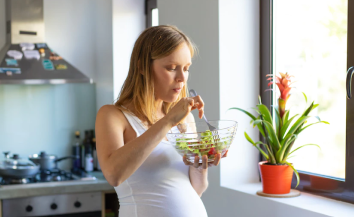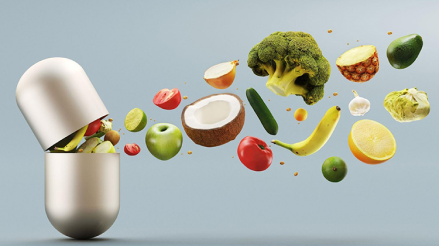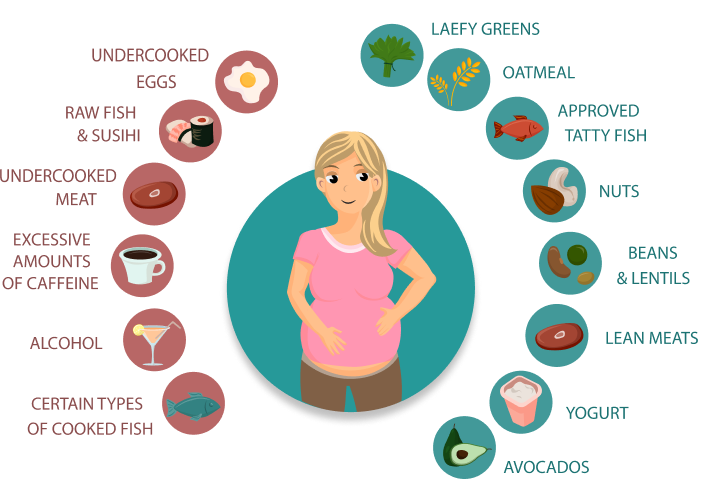You may also like…
NUTRITION DURING BREASTFEEDING
Nutrition during pregnancy is very important for the mother and the baby, eating well is one of the best things you can do for you both. The aim is to encourage supportive growth for the optimal healthy weight of your baby.
It has previously been discussed that “eating for two” is not right during pregnancy and is only a myth that people believe. You need to “eat healthy” and not “eat more.”
How much water intake do you need while breastfeeding?
Don’t stay thirsty, drink more if your urine appears of a darker color. It might help to drink a glass of water or beverage each time you breastfeed. The normal recommended water intake for women per day 2.7 litre/day. Avoid juicy and drinks with artificial sugar. Too much sugar will lead to unhealthy weight gain and hinder your effort of losing pregnancy weight. Too much caffeine is also not very beneficial for you. Limit yourself to no more than 2-3 cups of caffeinated beverages in one day. Caffeine in breast milk can create problems in the baby’s sleeping patterns. It is also important to remember that drinking more water does not translate into more breastmilk being produced.
Which foods to choose while planning your diet?
Consider foods that are rich in Iron, Protein, and Calcium, Iodine and Choline
- Iron rich foods include lentils, enriched cereals, leafy green vegetables, peas, dried fruit such as raisins
- Citrus fruits help body absorb iron, it is found in orange, lemons, limes and grapefruit
- High protein foods include soy products, meat substitutes, legumes, lentils, nuts, seeds, whole grains, eggs, dairy products.
- High calcium foods include dairy products, dark green vegetables
- Iodine is found in dairy products, eggs, seafood, or iodized table salt
- Choline can be found in dairy and protein food groups such as eggs, meats, some seafood, beans, peas and lentils.
Are there any side effects to the baby of mothers who do not take adequate nutrition?
- Babies of women who do not take any animal products have very limited amounts of vitamin B12 in their bodies. This puts them at a risk for vitamin B12 deficiency, this can result in neurological damage.
- Mothers who are inadequately nourished, their babies face the risk of being smaller for their pregnancy age, this is called Intrauterine Growth Restriction.
- Babies born earlier, face a lot of issues and challenges. Malnutritious mothers's babies face the risk of having Premature Kids, babies born before 37 weeks are so called pemature.
- Babies born to malnourished mothers run the risk of weakened immunity, nutritional deficiencies and impaired cognitive development.
- Low-birth weight is also an issue that babies of inadequately nourished mothers face.
Consider supplements?
- The need for iodine and choline increases during breastfeeding and its very likely that diet alone cannot suffice the amount required. It is recommended that lactating mothers consume 290mcg and 550 mcg of choline daily throughout the first year postpartum.
- Consider supplements such as vitamin B-12 supplements
- If you do not eat vitamin d containing foods such as cow’s milk and some cereals, consider taking vitamin D supplements
Which foods to avoid while breastfeeding?
- Caffeine: do not increase your caffeine intake above 2-3 cups per day. Caffeine in breast milk can disrupt baby’s sleeping patterns.
- Fish: seafood can be a good source of protein and omega-3-fatty acids. Most of this seafood includes mercury and other contaminants. However, exposure to increased amounts of mercury through breast milk can pose a risk to baby’s nervous system. To limit baby’s exposure, avoid seafood that has high mercury content such as swordfish, king mackerel and tilefish.
As a mother, do you need more calories while breastfeeding?
Yes! An additional 330 to 300 calories are needed per day for well-nourished breastfeeding. However the exact number of calories may vary from person to person and this is provided as a rough estimate. Its not necessarily important to force-feed yourself or excessively self-restrict from eating normally.








